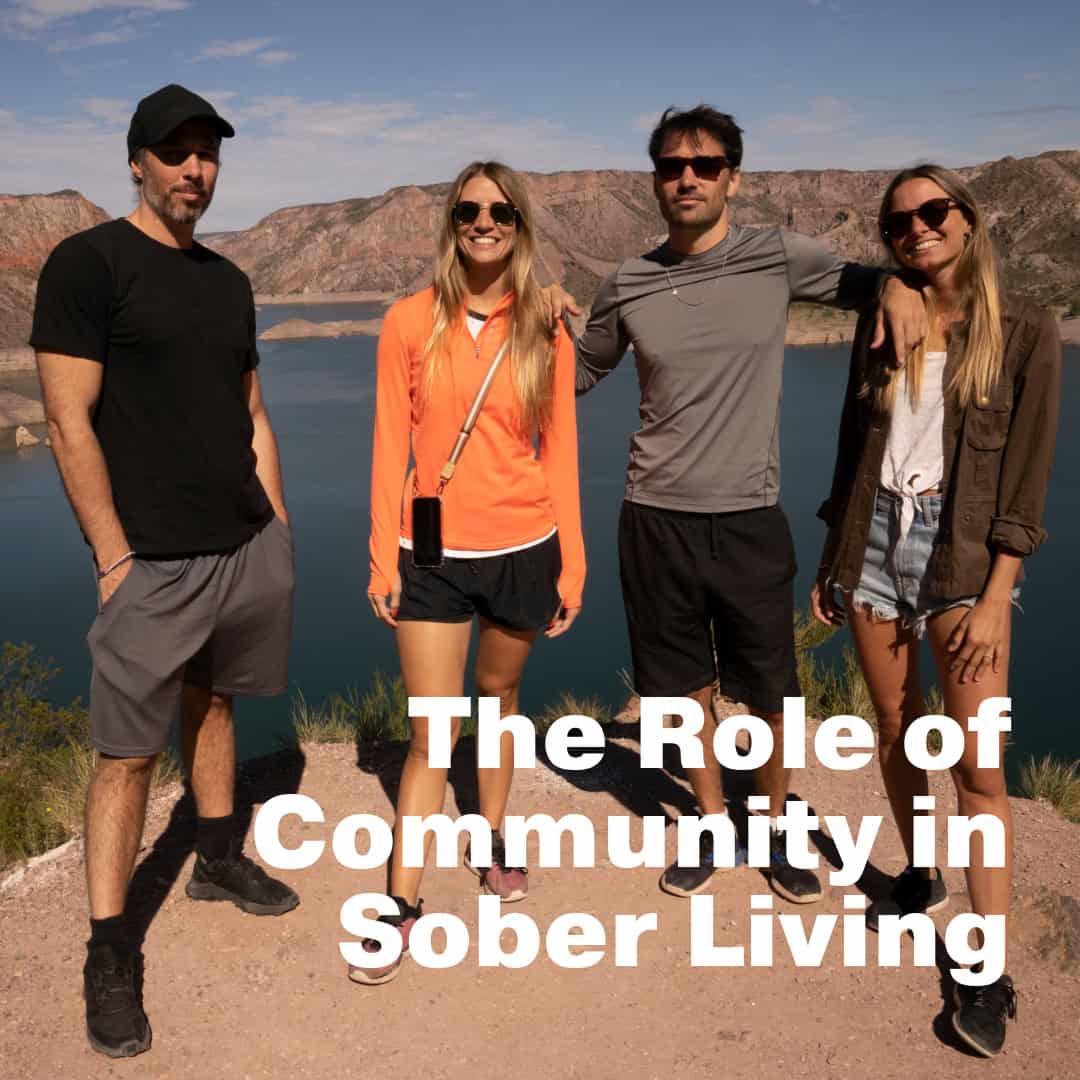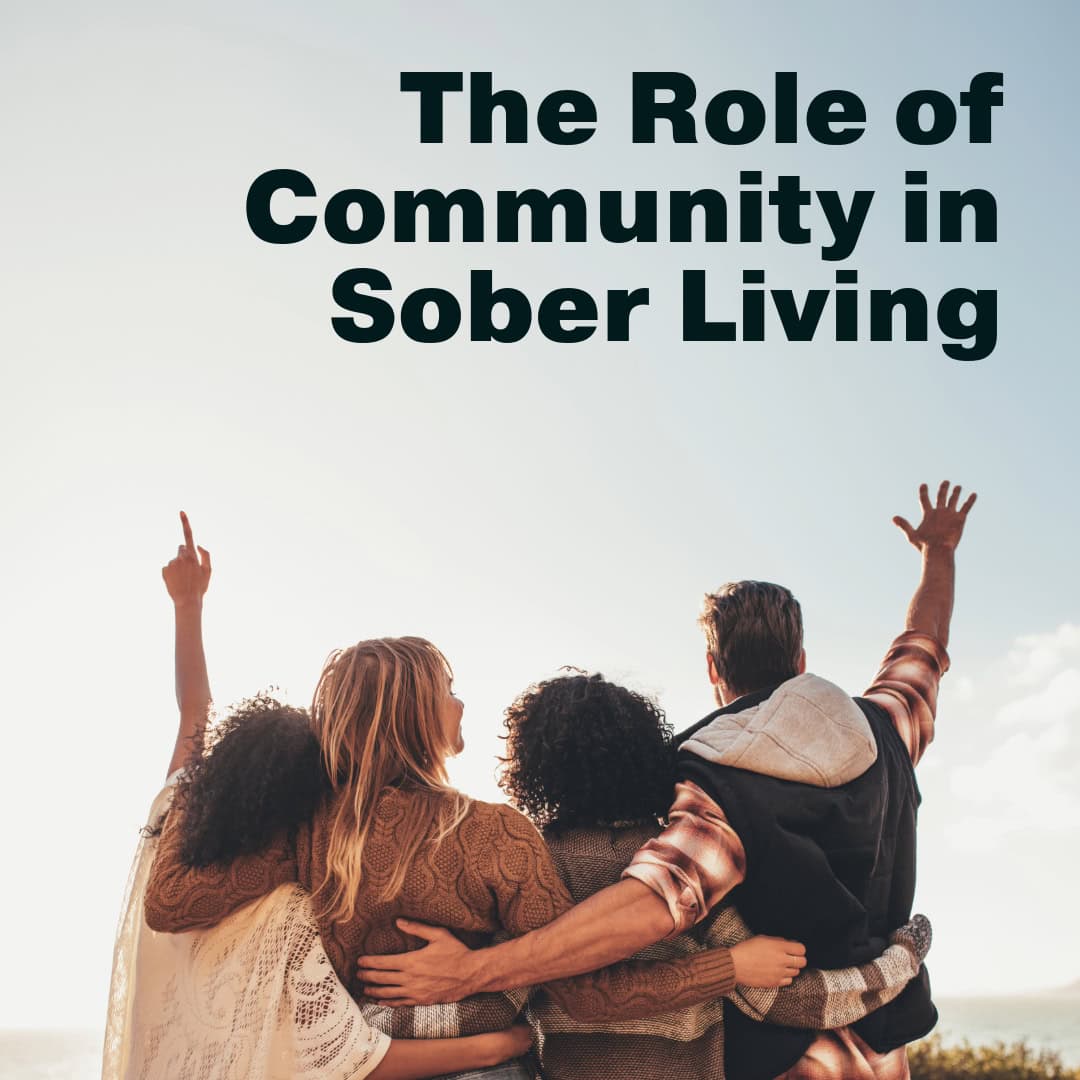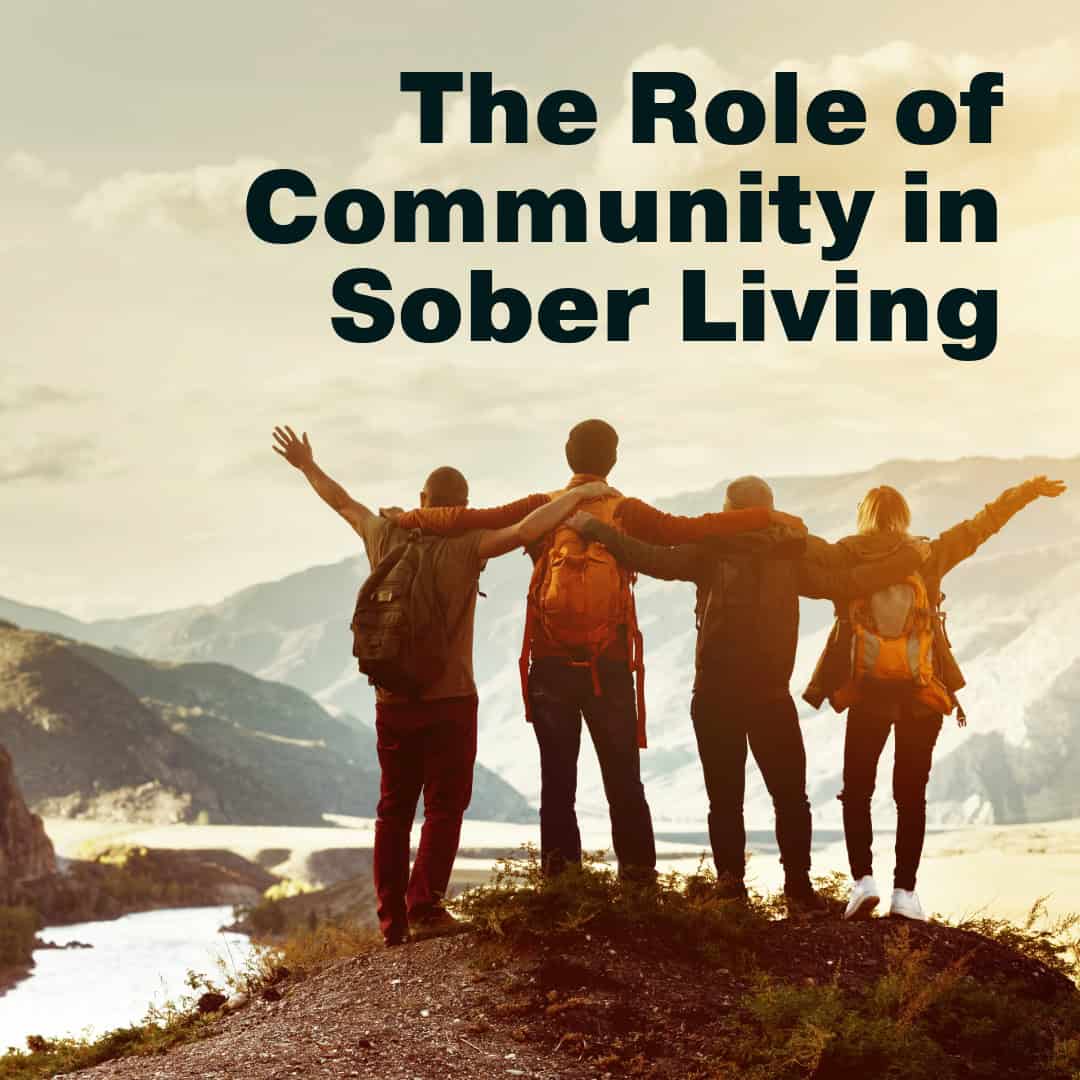When it comes to recovery from addiction, community plays a crucial role. Imagine entering a room where everyone understands your struggles and supports your journey. This is the essence of community in sober living. It’s more than just a place to stay; it’s a network of support that lifts individuals out of isolation and into healing.
Understanding Sober Living
Definition
Sober living homes are transitional spaces for individuals who have completed drug or alcohol rehabilitation programs. These homes provide a safe, substance-free environment that supports continued recovery. Residents live together, sharing responsibilities and fostering a sense of belonging.
Transition from Rehab to Sober Living in Utah
After completing rehab, many individuals face the daunting task of re-entering society. Sober living homes ease this transition by offering structure and support. They serve as a bridge between the highly controlled rehab environment and daily life’s independence. In Utah, these homes are nestled in communities rich with personal and professional growth opportunities.

One Month Free Sober Living
Join our PHP and get 1 month free in sober living.* Limited time offer.
Emotional Support
In sober living homes, residents find emotional support that is often lacking in other environments. Sharing a living space with others who understand the recovery journey reduces feelings of loneliness. This emotional connection fosters a sense of belonging and acceptance, crucial for healing.
Accountability
Community members hold each other accountable in ways that promote sobriety. Regular check-ins, shared goals, and group meetings ensure everyone stays on track. This accountability is a powerful motivator, helping individuals commit to a sober lifestyle.
Shared Experiences
The shared experiences within a sober living community create a unique bond among residents. Each person brings their own story of struggle and triumph, offering empathy and understanding to others. This shared journey fosters a deep connection, making recovery a collective effort rather than a solitary battle.
Building a Supportive Community
Structured Activities
Sober living homes often incorporate structured activities that bring residents together. These activities, ranging from group therapy sessions to recreational outings, help build camaraderie. They provide opportunities for residents to connect and form friendships in a safe and supportive environment.
Peer Support Groups
Peer support groups are integral to building a strong community in sober living homes. These groups, led by residents, offer a platform for sharing challenges and celebrating successes. Through these interactions, individuals gain valuable insights and encouragement from those who have walked similar paths.
Accountability in Sober Living
Regular drug testing is an essential component of maintaining accountability in sober living homes. These tests help ensure a substance-free environment, reinforcing the commitment to sobriety among residents. By conducting routine screenings, sober living facilities provide a structured framework that supports individuals in their recovery journey. This accountability measure not only deters relapse but also fosters a sense of responsibility and trust within the community.

Challenges and Solutions
Initial Resistance
Joining a new community can be daunting. Many individuals initially resist the idea of living with strangers. This resistance often stems from fear of judgment or vulnerability. However, with time and patience, these barriers can be overcome, leading to meaningful connections.
Building Trust
Trust is the foundation of any strong community. In sober living homes, building trust involves open communication and mutual respect. Encouraging residents to share their stories and listen actively fosters an environment where trust can flourish.
Maintaining Balance
While community support is essential, it’s also important to maintain a balance between communal living and personal space. Sober living homes often establish guidelines to ensure residents have time for self-reflection and personal growth alongside community activities.
Benefits of a Strong Sober Living Community
Long-term Sobriety
A supportive community significantly boosts the chances of long-term sobriety. The encouragement and accountability provided by peers create a foundation for sustained recovery. Many residents find that their sober living community becomes crucial to their ongoing support network even after they leave.
Life Skills Development
Living in a community setting helps individuals develop essential life skills. Residents learn to manage responsibilities, communicate effectively, and resolve conflicts. These skills are invaluable as they transition back into independent living and continue their recovery.
Improved Mental Health
The positive impact of a supportive community extends to mental health. Regular interactions with understanding peers can alleviate anxiety and depression, common challenges in recovery. A community’s sense of belonging and purpose enhances overall well-being and resilience.

Conclusion – Sober Living Community
In the recovery journey, the community stands as a pillar of strength. It transforms sober living homes from residences into thriving ecosystems of support and growth. Through emotional bonds, accountability, and shared experiences, individuals find the courage to rebuild their lives. A strong community not only aids in achieving sobriety but also enriches the overall recovery experience, paving the way for a brighter future.
FAQ 1: How does a community in sober living help with recovery?
A community provides emotional support, accountability, and shared experiences, which are vital for recovery. These elements help individuals stay committed to sobriety and feel less isolated.
FAQ 2: What activities are common in sober living communities?
Common activities include group therapy sessions, recreational outings, and peer support meetings. These activities foster camaraderie and provide opportunities for residents to connect and build friendships.
FAQ 3: How can someone overcome initial resistance to joining a sober living community?
Overcoming resistance involves patience and open-mindedness. Engaging in group activities and sharing personal experiences can help break down barriers and build trust among residents.
FAQ 4: What role does trust play in a sober living community?
Trust is fundamental in creating a supportive environment. It allows residents to open up about their struggles and rely on each other for support, fostering a sense of safety and belonging.
FAQ 5: How does a supportive community impact mental health?
A supportive community can significantly improve mental health by reducing feelings of loneliness and anxiety. The encouragement and understanding from peers enhance overall well-being and resilience.






